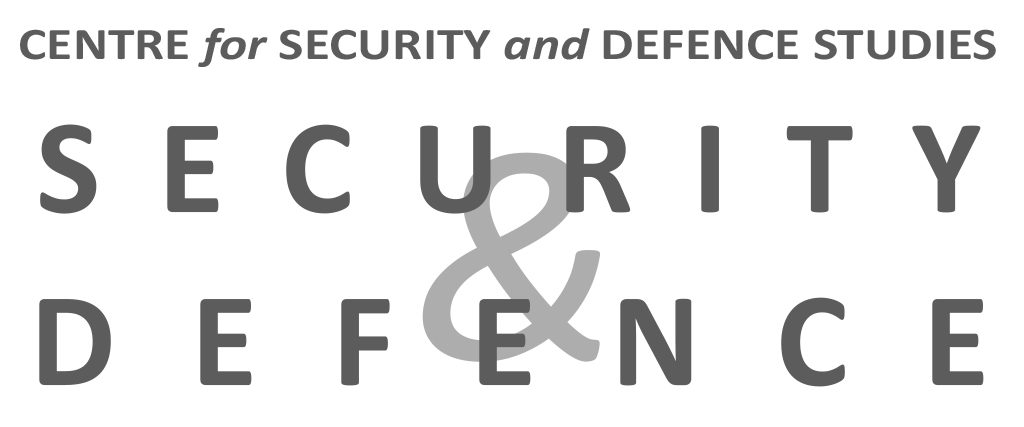
More than any other international body, the Organisation for Security and Cooperation in Europe (OSCE) has been roiled by the massive military campaign launched by Russia against Ukraine on 24 February 2022. A glaring violation of the OSCE’s foundational principles enshrined in the Helsinki Final Act of 1975, the invasion has been calling into question the viability of an organisation set up to promote cooperative security arrangements involving Russia and the West. The war has reinforced political blockages in the OSCE and led to the collapse of its mediation role in Ukraine. Not only has the Ukraine war severely disrupted the organisation’s missions, it has also further compromised its decision-making ability. Without doubt, these are hard times for an organisation that had helped safeguard regional security in the post-Cold War era, and continues to help maintain stability in Moldova, the Western Balkans, the South Caucasus and Central Asia.
As the war in Ukraine dragged on throughout 2022, much of the normal diplomacy going on at the OSCE’s seat in Vienna has been blocked. Yet, despite the pressure faced by the organisation as war rages in Europe, no participating state has (so far) openly questioned its existence. Whilst some observers have predicted the OSCE’s demise, saying it is no longer able to guarantee security in Europe, others rather highlight how, albeit with some disruptions, it remains a valuable forum for dialogue between Moscow and the West, and the only multilateral body outside the UN where matters of European and Eurasian security could, indeed, still be worked through. However, given igniting tensions generated by the Ukraine war, preserving the organisation will require a determined effort. There are significant risks of paralysis and disintegration, which states can mitigate only if they step up efforts. In 2023, participating states will face a series of decisions that will bear on whether the OSCE continues to be a functioning multilateral platform able to manage regional security issues, or whether it loses its relevance and capacity. Against this backdrop, what are the main scenarios for the OSCE? How to keep the organisation alive and functional, and to what intent? What could be its role, if any, in addressing the war and its consequences, and its contribution to revive the dialogue and rebuild peace in Europe in due course?
In order to debate on those questions of great importance for European security, we have invited two distinguished panellists: Ambassador Fred TANNER, former senior advisor to the secretary-general of the OSCE in Vienna and currently a visiting professor at The Geneva Graduate Institute (IHEID), and Dr Pál DUNAY, professor NATO and European security issues at the George C. Marshall European Centre for Security Studies.

Evening conference
Consequences of the Russia-Ukraine conflict for the OSCE and for peace and stability in Europe
Conference videos:
Prof. Dr Pál DUNAY
Ambassador (retd) Fred TANNER, PhD
Moderator: Nicolas GOSSET
Language: English
19 January 2023, 17:00 – 18:30
> 16:30 – Registration
> 17:00 – Conference
> 18:30 – Reception
Campus Renaissance
Rue Hobbema, 8
1000 Brussels
